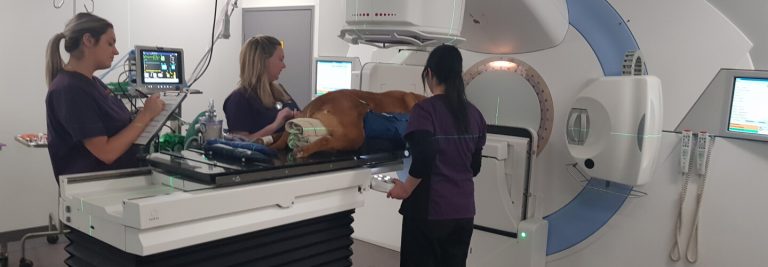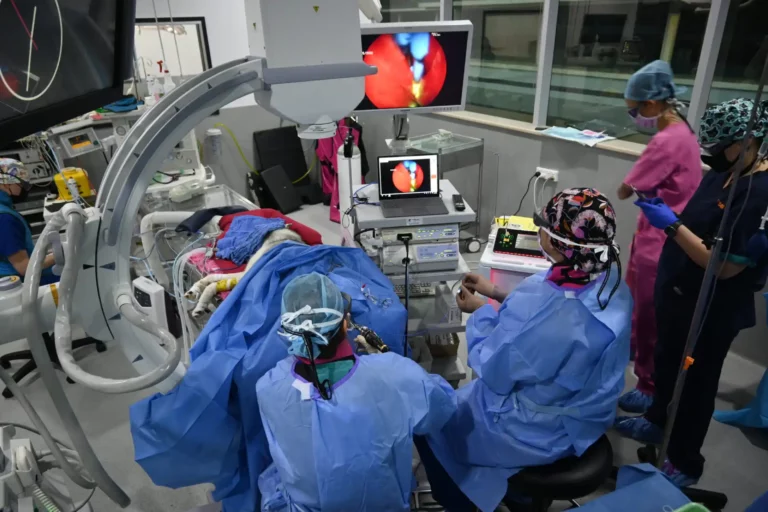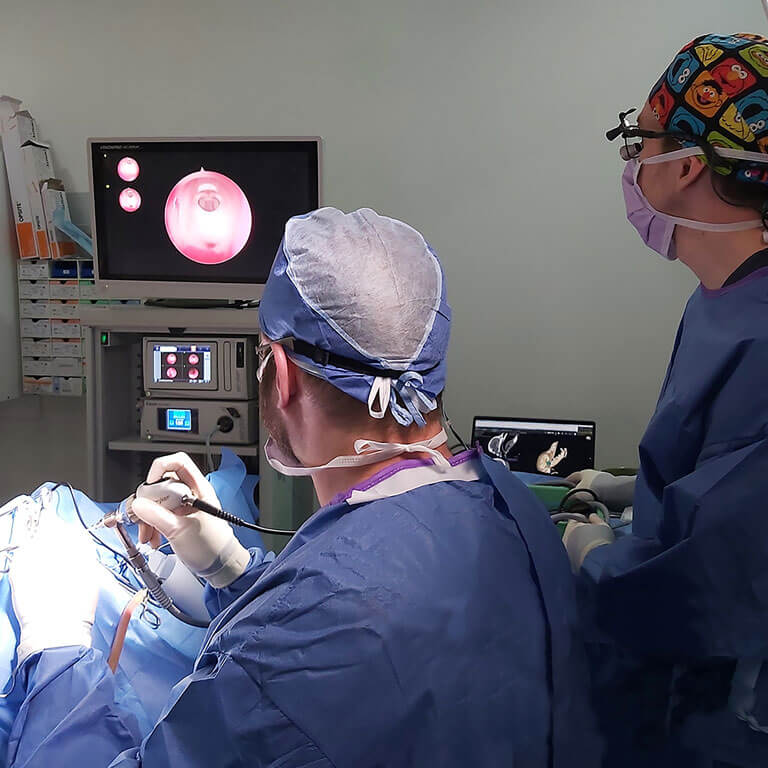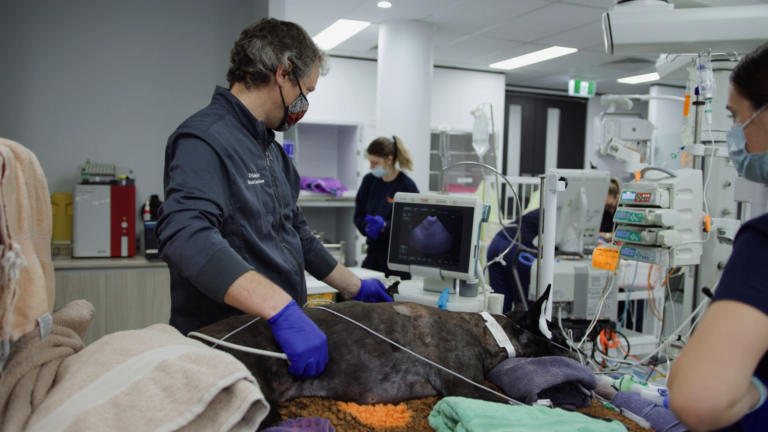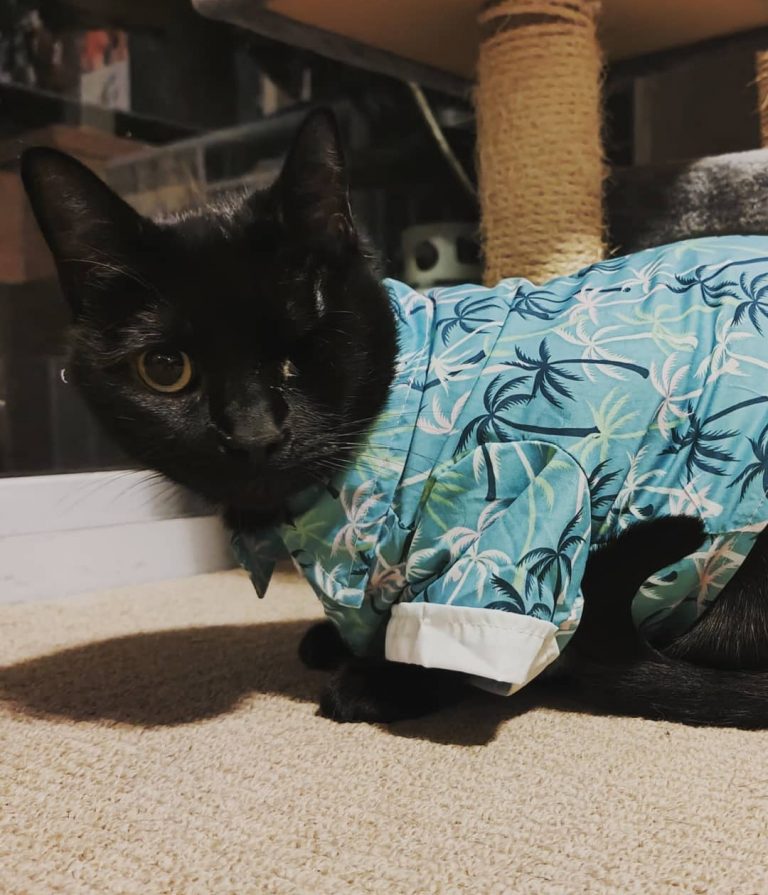Jelly Bean was lucky to have been adopted by her lovely owners at the age of 6 months. She is a beautiful and lovely cat who sees the world through her one curious eye. She had been 100% healthy when she suddenly became lethargic and lost her appetite one morning.
Blood tests showed that she had developed a sudden and severe anaemia with a red blood cell percentage of only 7%. Normally, cats have a red blood cell percentage of around 30%. This meant that Jelly Bean was running on less than one third of normal blood!
After tests at SASH, through Internal Medicine, she was diagnosed with immune-mediated haemolytic anaemia (IMHA), a condition where her own immune system starts attacking her red blood cells. She received two blood transfusions at SASH across 3 days before her medications started kicking into effect.
Three weeks later, she is now no longer anaemic and back to her normal self at home.
Jelly Bean was able to survive this ordeal thanks to the generosity of our group of cat blood donors who come to SASH regularly to make blood donations. Feline blood donors are 1-8 year old cats who live indoors, are over 4 kg of lean body weight and have not received previous blood transfusions. If you have a feline family member or friend who has a cat you think may be suitable for blood donation, please click the link below.
